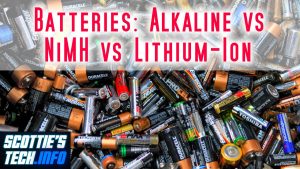To provide the best experiences, we and our partners use technologies like cookies to store and/or access device information. Consenting to these technologies will allow us and our partners to process personal data such as browsing behavior or unique IDs on this site and show (non-) personalized ads. Not consenting or withdrawing consent, may adversely affect certain features and functions.
Click below to consent to the above or make granular choices. Your choices will be applied to this site only. You can change your settings at any time, including withdrawing your consent, by using the toggles on the Cookie Policy, or by clicking on the manage consent button at the bottom of the screen.
The technical storage or access is strictly necessary for the legitimate purpose of enabling the use of a specific service explicitly requested by the subscriber or user, or for the sole purpose of carrying out the transmission of a communication over an electronic communications network.
The technical storage or access is necessary for the legitimate purpose of storing preferences that are not requested by the subscriber or user.
The technical storage or access that is used exclusively for statistical purposes.
The technical storage or access that is used exclusively for anonymous statistical purposes. Without a subpoena, voluntary compliance on the part of your Internet Service Provider, or additional records from a third party, information stored or retrieved for this purpose alone cannot usually be used to identify you.
The technical storage or access is required to create user profiles to send advertising, or to track the user on a website or across several websites for similar marketing purposes.
 Ever wonder about the differences between alkaline, nickel metal hydride, and lithium-ion batteries? Wonder no more!
Ever wonder about the differences between alkaline, nickel metal hydride, and lithium-ion batteries? Wonder no more!

In some applications you need to use alkaline batteries. Some devices can detect the remaining useful lifespan and warn the user when they should switch in a new battery. Other battery types can simply suddenly give up the ghost – their output is roughly constant till it just stops. This can be dangerous for example in health related applications, where the ability to reliably predict the need to switch is worth the cost of slightly degrading performance over time.
Great information, Thanks for the Detailed Analysis of Alkaline, NiMH, and Lithium-ion batteries. Now I will be able to decipher when to choose rechargeable over disposable batteries or disposable batteries over rechargeable batteries.